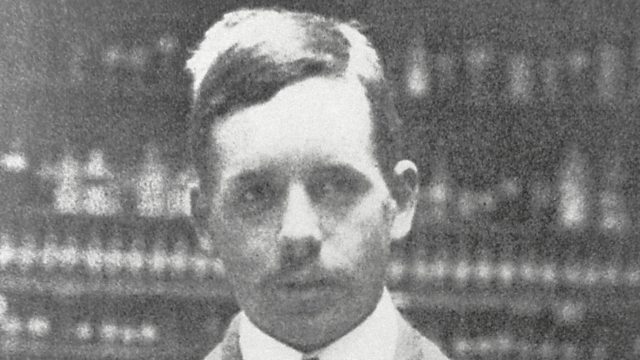Death of a Physicist
In 18 hectic months, physicist Henry Moseley revealed the structure of the atom, and the basis of chemistry. A year later he was dead, felled by a sniperβs bullet in WW1.
Felled by a sniper's bullet in the Dardanelles on 10 August 1915, Henry Moseley had been the brightest hope in British physics. Not yet 30, his discoveries had already made such a global impact, that leading thinkers in both warring factions paused to pay their respects - not just in Britain and France but also in Germany. The American Nobel laureate Robert Millikan declared: βHad the European War had no other result than the snuffing out of this young life, that alone would make it one of the most hideous and irreparable crimes in history.β Physicist Charles Darwin (grandson of the biologist) claimed βMoseley was without exaggeration the most brilliant man I ever met.β Ernest Rutherford β discoverer of the atomic nucleus β used Moseleyβs death (βa striking example misuse of scientific talentβ) to change forever the militaryβs attitude to thoughtless conscription.
In this special anniversary edition of Discovery, science journalist Roland Pease looks at the brief and luminous career of Henry Moseley, and how in an 18-month frenzy of activity, he revealed the structure of the atom, explained the basis of the chemistsβ periodic table, and laid the foundations for chemistry overall.
(Photo: Henry Moseley. Credit: Science Photo Library)
Last on
More episodes
Previous
Broadcasts
- Mon 3 Aug 2015 18:32GMTΒιΆΉΤΌΕΔ World Service Online
- Mon 3 Aug 2015 23:32GMTΒιΆΉΤΌΕΔ World Service Online
- Tue 4 Aug 2015 04:32GMTΒιΆΉΤΌΕΔ World Service Online
- Tue 4 Aug 2015 12:32GMTΒιΆΉΤΌΕΔ World Service Online
Space
The eclipses, spacecraft and astronauts changing our view of the Universe
The Curious Cases of Rutherford and Fry
Podcast
-
![]()
Discovery
Explorations in the world of science.



